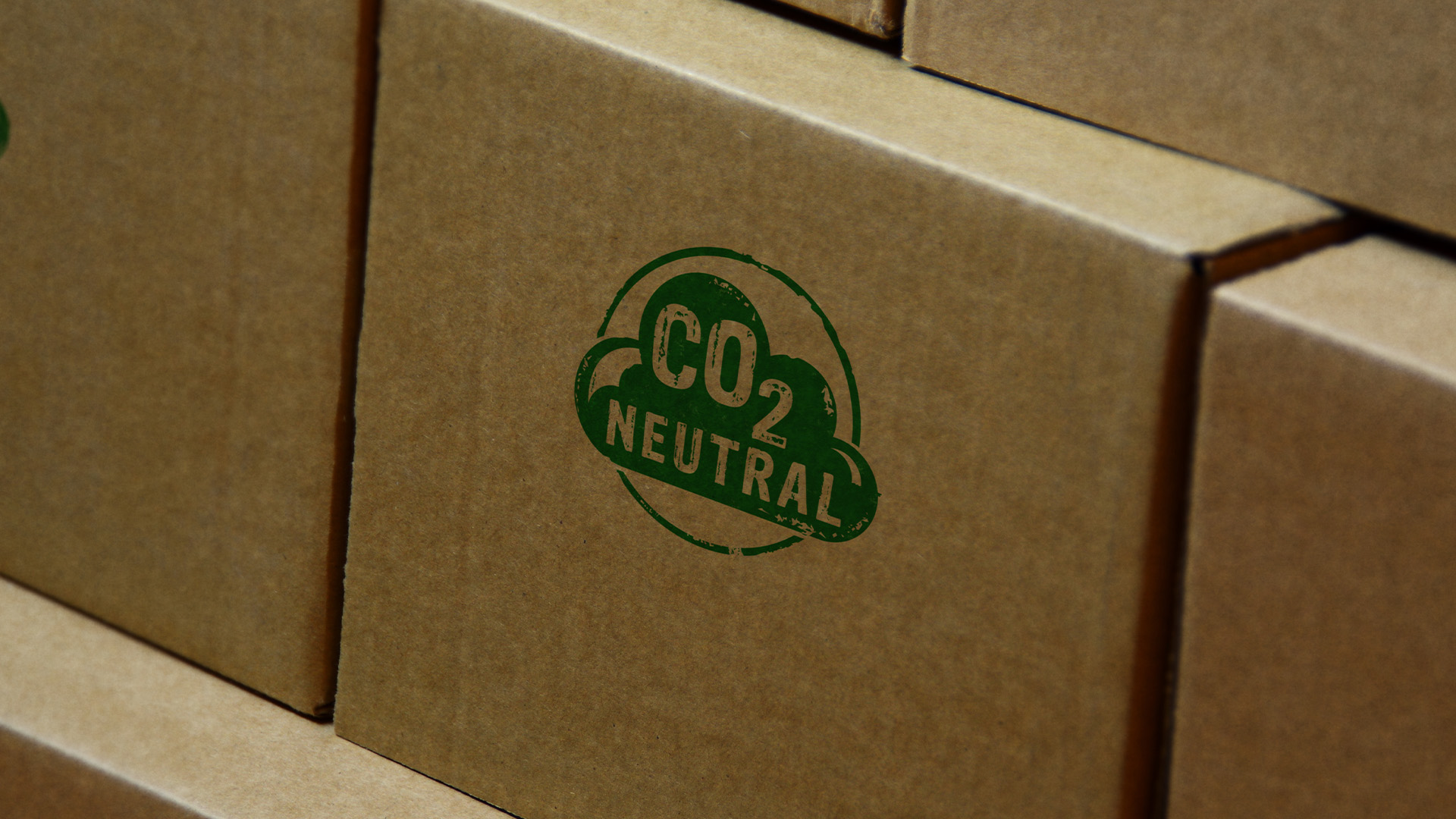You are viewing your 1 free article this month. Login to read more articles.
Hachette Livre commits to reducing overall carbon emissions by 30% by 2030
Hachette Livre, owner of Hachette UK and Hachette Book Group in the US, has committed to reducing its global emissions by nearly 30% by 2030, which works out to a 2.5% annual reduction, in what it’s calling its “30/30 strategy”.
The “30/30 Strategy” is a group-wide commitment to which each country must contribute while taking the specifics of its business into consideration. Developed with independent consulting firm Carbone 4, Hachette Livre says the plan is “underpinned by concrete, measurable and trackable initiatives in the areas of overproduction, paper, manufacturing and transportation.”
Hachette Livre rolled out its first environmental initiatives in France in 2009 with support from Carbone 4, and according to the organisation has, over the course of 12 years, reduced its French emissions by 20%.
The “30/30 strategy” outlines several key priority areas for progress at the group level, each of which will then benefit from initiatives targeting what it calls scopes one, two and three. Scopes one and two cover direct emissions, such as from vehicles and buildings, which account for 3% of the group’s total emissions.
Scope three accounts for 97% of the group’s total emissions: paper manufacturing, printing and binding, upstream and downstream transportation, and end of life of products sold.
The targets under the newly released “30/30” plan are for a 30% reduction in the proportion of books that are shredded, a 26% reduction in carbon intensity of paper manufacturing, an 18% reduction in carbon intensity of book printing and binding, and 1% and 1.5% annual reductions in upstream and downstream freight respectively.
The organisation says the reduction in the number of books shredded “demands considerable effort” and will involve developing tools to optimise stock visibility throughout the value chain and using data to enable publishers and sales teams to optimise print runs and reduce returns.
On reducing the carbon intensity of paper production it has committed to ramping up environmental criteria for selecting paper suppliers in invitations to tender and consistently favouring papermakers with the lowest emissions and establishing annual carbon intensity targets. On the manufacturing (printing and binding side) it has committed to ramping up environmental criteria for printers and binders in invitations to tender and consistently favouring printers and binders with the lowest emissions and establishing annual carbon intensity targets.
Regarding freight, it plans to challenge suppliers to optimise deliveries; reduce product volumes; identify products that could be produced locally; include environmental performance criteria in calls for proposals and group international deliveries.
For scopes one and two (3% of the group’s carbon emissions), the group’s main initiatives to follow the trajectory and reduce emissions are: a new policy for its fleet of vehicles, swapping heating oil and gas for electricity or biomass, the installation of solar panels, environmentally friendly habit training for employees, and energy use optimisation systems. Moreover, Hachette Livre aims to shift to 100% renewable energy use by 2026. The overall plan’s implementation will be monitored annually, with a focus on both initiatives and impact.


















